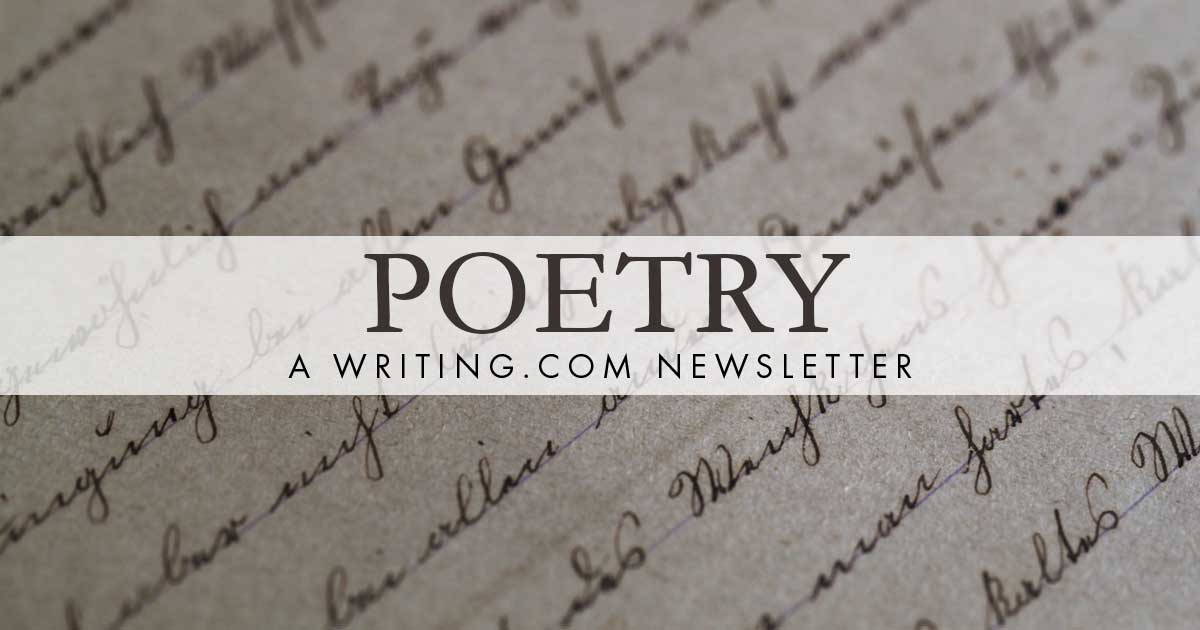"Her writing was not just beautiful but meaningful — a challenge to our conscience and a call to greater empathy," Obama wrote on his Facebook page. "She was as good a storyteller, as captivating, in person as she was on the page." Oh, and she most certainly was! I remember hearing her speak at a writer's symposium. Down to earth, real and approachable, she was a mecca for writers - her speaking engagements standing room only. Lines to exchange a word or two or have a book signed stretched, literally, for almost a mile. A long, long wait and worth every second.
I'd studied, of course, her major books in college - The Bluest Eye, Beloved, Song of Solomon and Sula. It was only later I discovered her poetry. I should have known she wrote poetry because her books were, in essence, full of poetic words. But when I did, I fell in love. She became a huge inspiration to me.
Her 'Eve Remembering' was one of my favorites.
Eve Remembering
1
I tore from a limb fruit that had lost its green.
My hands were warmed by the heat of an apple
Fire red and humming.
I bit sweet power to the core.
How can I say what it was like?
The taste! The taste undid my eyes
And led me far from the gardens planted for a child
To wildernesses deeper than any master’s call.
2
Now these cool hands guide what they once caressed;
Lips forget what they have kissed.
My eyes now pool their light
Better the summit to see.
3
I would do it all over again:
Be the harbor and set the sail,
Loose the breeze and harness the gale,
Cherish the harvest of what I have been.
Better the summit to scale.
Better the summit to be.
I was lost in 'biting sweet power to the core,' drowning in 'My eyes now pool their light' --the images inspired my words to rise and flow, ever seeking to come with a lightyear of hers. She just had a way with language that was phenomenal!
Another favorite of mine was her 'Someone leans Near.'
Someone Leans Near
Someone leans near
And sees the salt your eyes have shed.
You wait, longing to hear
Words of reason, love or play
To lash or lull you toward the hollow day.
Silence kneads your fear
Of crumbled star-ash sifting down
Clouding the rooms here, here.
You shore up your heart to run. To stay.
But no sign or design marks the narrow way.
Then on your skin a breath caresses
The salt your eyes have shed.
And you remember a call clear, so clear
“You will never die again.”
Once more you know
You will never die again.
Phrases, in her poetry as well as her novels give pause because they were fresh combinations of words that painted leveled images in a word or two: crumbled star ash, hollow day, silence kneading fear--complete images that could be interpreted in so many ways; each a pause cliffside before a leap into something else altogether.
She believed in being observant, something I am always encouraging writers to be.
Everything I see or do, the weather and the water, buildings . . . everything actual is an advantage when I am writing. It is like a menu, or a giant tool box, and I can pick and choose what I want. When I am not writing, or more important, when I have nothing on my mind for a book, then I see chaos, confusion, disorder.~~from a 2009 interview with Pam Houston in O Magazine
She understood the utter importance of being able to immerse herself in a given set of impressions, of being able to pull into focus myriad observances and then use them effectively.
As a teacher she had a glorious habit of pushing her students outside the boxes they lived in. Pushed, actually, I have to say she would obliterate those boxes. She didn't want writers to rely on only writing what they knew. Useful observations and nuance, of course, but she would push for people to write about something, (ie; characters) outside their wheelhouse and create them. One such suggestion she used was ' a grande dame meandering along the Champs de Elysees in Paris. Who was she, what did she desire, eat for breakfast, do when she saw a spider or stepped in a puddle? What did she fear? What were her pet peeves? How did she sleep - stretched out amid sumptuous pillows or curled in a fetal ball? Toni Morrison wanted you to imagine and then bring that imaginary character to life by breathing air into its soul.
She would never allow her students to complain about writing being hard. It was simply to be expected as is anything one tries or practices. And it was always a project in motion. Hence the need for writers to edit, to revise. Criticism was a tool and one she relished.
As a writer, a failure is just information. It’s something that I’ve done wrong in writing, or is inaccurate or unclear. I recognize failure—which is important; some people don’t—and fix it, because it is data, it is information, knowledge of what does not work. That’s rewriting and editing.~~from a 2014 interview with NEA Arts Magazine
Toni Morrison won many notable awards for her writing. She was also a mesmerizing teacher who grabbed you by the throat, plopped you in the palm of her mind, and then squeezed you tightly so that you could inhale all she had to offer. On so very many levels she will be sorely missed. |
